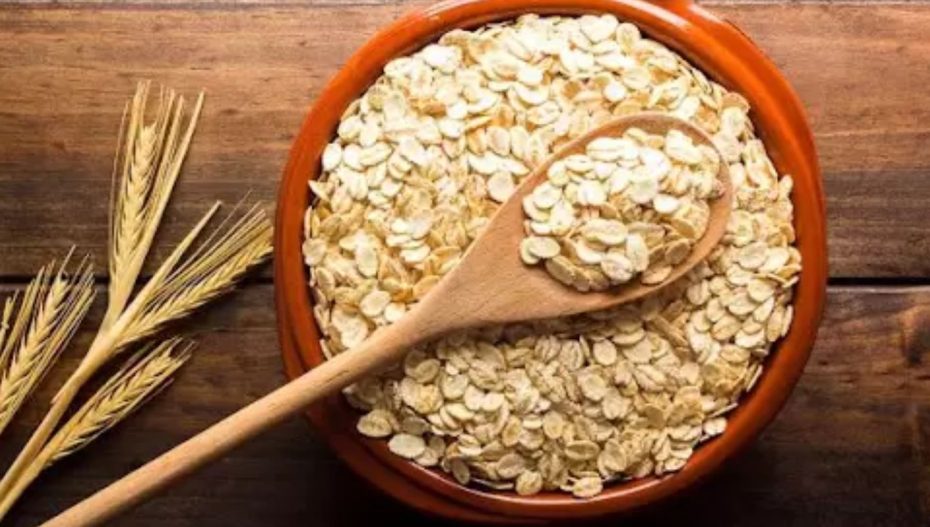Oats has become a favourite breakfast option for many people due to its high nutritional value. Oats is rich in fibre, protein, and essential nutrients like manganese, phosphorus, and magnesium. Low in calories, oats contains beta-glucan which lowers cholesterol.
The food is also a good source of complex carbohydrates which does not spike blood sugar levels suddenly. Oats makes you feel full and gives you energy at the start of a day. It is also a versatile dish. You can consume it with milk, blend it into smoothies, or make savoury preparations like oats ‘upma’, ‘idlis’ and pancakes.
The flip side
However, regular consumption of oats can also cause health issues related to digestion, blood sugar levels and allergies. People with diabetes or insulin resistance should monitor their intake of oats.
While oats are a low-glycemic index food, regular consumption can still impact blood sugar levels. Oats contain carbohydrates, which are broken down into sugars during digestion, potentially leading to an increase in blood sugar levels.
This is more likely to occur when oats are consumed in processed forms with added sugars. Consuming oats with protein and healthy fats can reduce the impact on blood sugar levels.
Oats contain proteins called avenins, which may trigger allergic reactions in people with gluten sensitivity or intolerance.
Also, cross-contamination with gluten-containing grains during processing can aggravate allergic responses. Individuals with sensitivities should opt for certified gluten-free oats.
Digestive issues
Oats are a good source of both soluble and insoluble fibre, which promote digestive health. However, excessive consumption can sometimes cause digestive issues. The soluble fibre in oats absorbs water and forms a gel-like substance in the digestive tract, potentially leading to bloating, gas, or discomfort, particularly if consumed in large quantities. Moderation and adequate hydration can help alleviate these symptoms.
Oats can sometimes be contaminated with moulds or mycotoxins, especially if they are stored improperly. This can lead to health issues. Also, oats contain phytic acid, an ‘antinutrient’ that can bind to minerals like iron, zinc, and calcium, reducing their absorption in the body.
Finally, those who rely heavily on oats as a dietary staple may want to consider diversifying their diet or consuming oats in moderation.
Also Read: Isha Ambani Pitches For Systemic Change For Greater Role Of Women In India’s Tech Force












